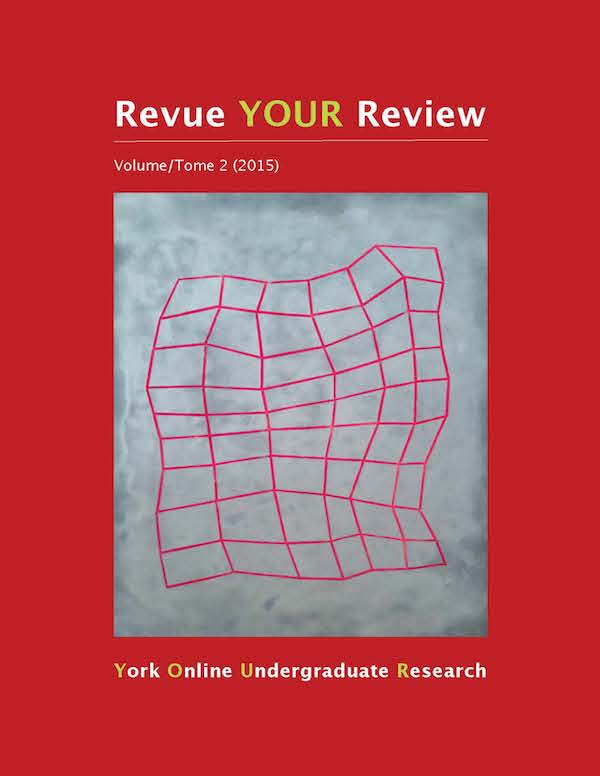North Versus South: Neocolonialism in the World of Climate Change
Abstract
The current discourse surrounding climate change politics includes many aspects that continue ideals of colonialism. This neocolonialism is most obvious in terms of the geopolitics within the Kyoto Accord and carbon trading systems, along with many other green mechanisms. By examining the discourse surrounding climate change in many recent texts on the subject, inequalities become increasingly evident. This paper provides a basis for the discovery of neocolonial ideas by providing the definitions of colonialism and neocolonialism and giving examples of these practices throughout history. Current examples of neocolonialism are then examined in the division of nations into Annex I, Non-Annex I, and Annex II nations under the Kyoto Accord, resulting in the continuation of colonial ideals by producing a new form of the “white man’s burden” in climate politics. The notion of carbon trading is also examined as a new form of colonialism, allowing developed nations to take advantage of developing nations by utilizing their low carbon emissions to make up for developed nations’ own increasingly large carbon emissions. The notion of responsibility for climate change and the vast differences between those who create the emissions and those who suffer for them are examined in terms of two case studies which detail the different approaches to, and impacts of, climate change based in Australia, an Annex I nation, and India, a Non-Annex I nation. The paper concludes with a call for more to be done to limit climate change by making global climate policy more equal for all nations.
Downloads
How to Cite
Issue
Section
License
Authors contributing to Revue YOUR Review agree to release their articles under one of three Creative Commons licenses: Creative Commons Attribution 4.0 International; Creative Commons Attribution-NonCommercial 4.0 International; or Creative Commons Attribution-NoDerivatives 4.0 International. All editorial content, posters, and abstracts on this site are licensed under Creative Commons Attribution-NoDerivatives 4.0 International. For further information about each license, see:
https://creativecommons.org/licenses/
In all cases, authors retain copyright of their work and grant the e-journal right of first publication. Authors are able to enter into other contractual arrangements for the non-exclusive distribution of the e-journal's published version of the article (e.g., post it to an institutional repository or publish it in a book or in another journal), with an acknowledgement of its initial publication in this e-journal.


